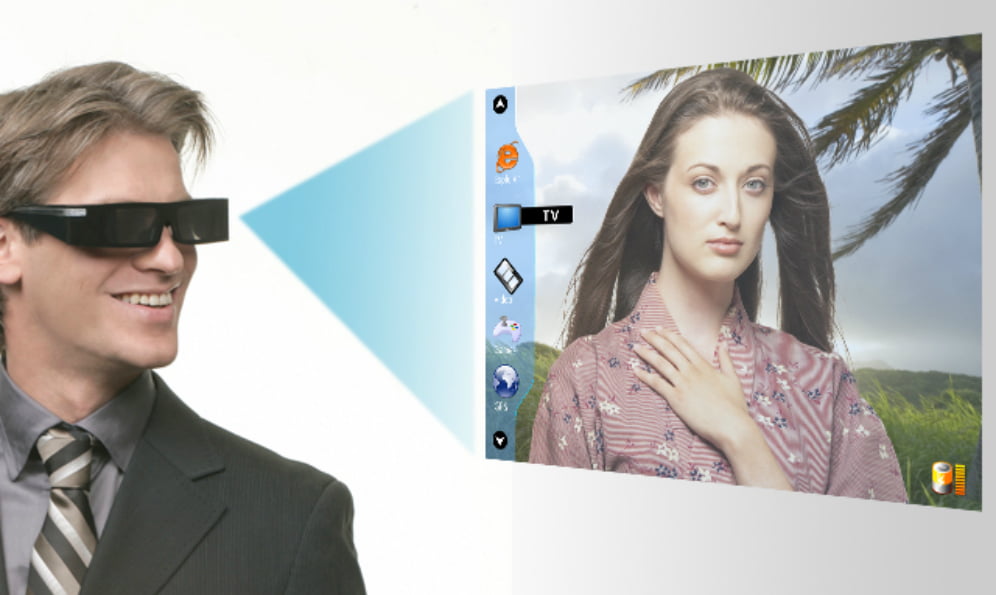Two cutting-edge Israeli optics companies have joined forces to develop a Google Glass-style night-vision display system. Leveraging their advanced technologies, Lumus, which makes personal displays for the eye, and Opgal, which develops thermal cameras for night vision, have developed the Therm-App mobile device that, mounted on headgear, transmits high-resolution images to the Lumus wearable display, enabling the user to see in the dark as they would in the daytime. The product is in development and is planned to be available in the coming months, the companies said.
Lumus is less well-known than Google, but the Israeli company’s “near to eye personal displays” are similar to the American firm’s famous Glass devices. Lumus, like Google, is developing a system that lets users access the Internet, watch TV or video, play games and engage with augmented reality applications.
Related articles
- SCiO: This Unbelievable Device Will Change The Way We Interact With The World
- Researchers Working To Turn Any Sunglasses Into Night-Vision Goggles!
The difference between Lumus’s devices and Google Glass is that the Israeli company’s product looks a lot cooler than the American’s. Instead of an orb-like attachment that covers one lens of a pair of glasses, the Lumus device looks like a super-modern pair of sunglasses.
According to Lumus, its chief advantage is the Light-guide Optical Element (LOE) technology, an ultra-thin lens design that embeds miniature, see-through elements in front of the eye. A projector embedded in the temple of the eyeglasses receives an image from the mobile device and projects it into the side of the LOE. As the image travels to the center of the lens, it is reflected into the eye via see-through elements, creating the effect of a virtual large screen, the company said.
Opgal develops and manufactures thermal imaging and near-infrared illumination camera solutions, mainly for security purposes. In the security market, Opgal enables transportation, city and state governments, industrial and utility customers to detect, recognize and identify security threats constantly, even in complete darkness and difficult visibility conditions, according to the company.
This article was first published on The Times of Israel and was re-posted with permission. To continue reading this article on the TOI site, click here.
Photo: Lumus
Related posts

Editors’ & Readers’ Choice: 10 Favorite NoCamels Articles

Forward Facing: What Does The Future Hold For Israeli High-Tech?

Impact Innovation: Israeli Startups That Could Shape Our Future




Facebook comments